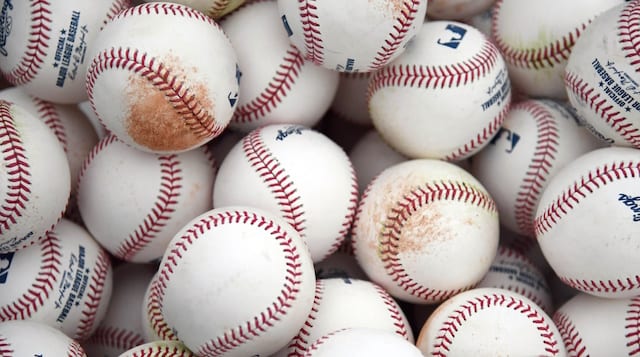The MLB trade deadline has come and gone, and while there was a noticeable shortage of impact deals, a flurry of activity still took place on July 31.
A total of 77 players were traded in 30 separate transactions on deadline day — both of which represent MLB records. The Houston Astros made the biggest splash by acquiring Zack Greinke from the Arizona Diamondbacks, while the Los Angeles Dodgers further bolstered their depth with the additions of Jedd Gyorko and Adam Kolarek.
The increase in overall trades can be attributed to a significant change that was implemented before the start of the 2019 season. Among the handful of tweaks that found their way to MLB included the elimination of the August waiver trade deadline.
Beginning on Aug. 1, teams were prohibited from trading Major League players for the remainder of the season. Such a rule figures to all but eliminate the possibility of another blockbuster trade coming to fruition during the month.
However, the possibility for further player movement still exists. While teams are no longer permitted to deal from their Major League roster, trades involving Minor Leaguers are still considered legal.
Players currently signed to Minor League contracts are eligible to be traded from now through the conclusion of the World Series. Though, this only applies to players that have not been promoted to the Majors at any point this season.
Other restrictions include players currently on teams’ 40-man rosters or the 60-day injured list. Those that fall under these categories cannot be traded under any circumstances.
Likewise, players that are signed to Major League contracts but have not appeared above the Minor League level this season are not eligible to be traded either.
Teams can also look to add players that are designated for assignment and placed on waivers — the only difference being they cannot do so via trade.
Players with over five years of MLB experience that clear waivers essentially control their own destiny. They can refuse a Minor League outright assignment, elect free agency and sign with any team they desire.
Further player movement is possible through waiver claims. Should a player be claimed, the claiming team will be responsible for taking on the remainder of that player’s salary.
Moreover, teams can still add to their roster via international or independent league signings.
Despite all of the rule changes, one constant remains in place: any trade must be completed before the 8:59 p.m. PT deadline on Aug. 31 for players to be deemed postseason-eligible.


